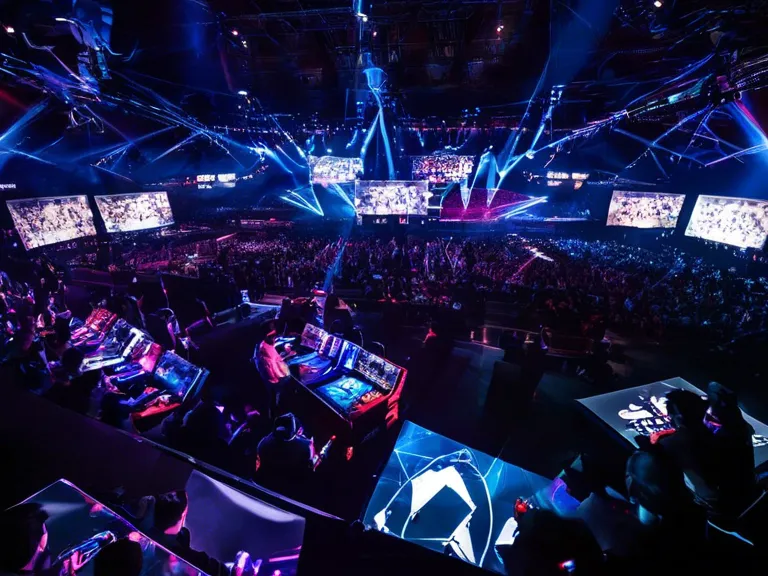
Esports, or competitive gaming, has experienced a meteoric rise in popularity over the past decade, attracting millions of fans and spectators from around the world. What was once dismissed as a niche hobby has grown into a global phenomenon, with professional gamers competing in tournaments with massive prize pools and sponsors lining up to be a part of this lucrative industry.
The growth of esports can be attributed to several key factors. The rise of streaming platforms like Twitch and YouTube has made it easier than ever for fans to watch their favorite players and teams in action, while social media has allowed for the rapid spread of information and news about upcoming events. Additionally, the rise of multiplayer games like League of Legends, Dota 2, and Overwatch has created a new generation of gamers who are eager to compete at the highest levels.
Esports has also benefited from the increased professionalism and organization of tournaments and leagues. Major events like The International, the League of Legends World Championship, and the Overwatch League have become must-watch events for fans around the world, with millions of dollars in prize money up for grabs. Esports organizations have also begun to adopt more traditional sports practices, including the formation of player unions and the implementation of drug testing policies.
The future of esports looks bright, with projections showing continued growth and expansion in the years to come. As technology continues to advance and more people gain access to high-speed internet, the potential for esports to reach even greater heights is virtually limitless. With the support of major sponsors, teams, and leagues, competitive gaming is poised to become a mainstream form of entertainment on par with traditional sports.



